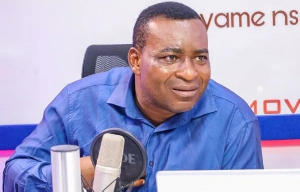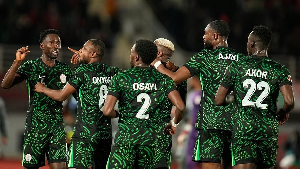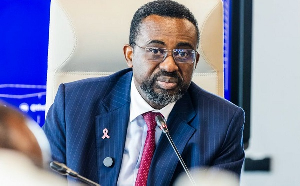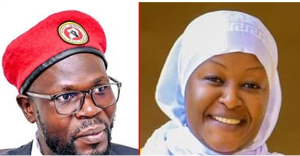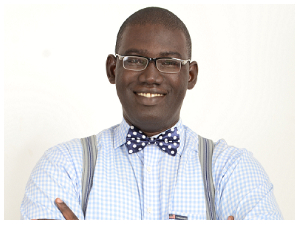Governance in Ghana no longer suffers from dictation or military adventurism as was the case over some three or more decades in our history. That does not mean that our politics is free sailing, there is the clear danger of democracy in Ghana being usurped by tribal politics. Ghana’s democracy, despite all the praises from around the globe, has not gone over the hump yet. Our resilience and determination to preserve our country and avert major conflict or worse, civil war, is perhaps yet to be tested, given the deepening trend of the use of identity politics to promote narrow tribal interests.
Events leading to the December 2012 presidential and parliamentary election show the length to which the two main parties, the ruling NDC and the opposition NPP are willing to go to whip up tribal sentiments for the purpose of gaining political advantage. First it was Mr. Nana Addo’s “we Akans are not cowards” in his infamous all-die-be-die speech. Then in the later days of the campaign President John Mahama caused a stir with another calamitous choice of words – claiming that the people of the three Northern Regions are tired of being second fiddle to the presidency. Implicit in that is for Northerners to vote for one of their kind. Very disgraceful indeed to hear such words come from the two people who want to become leader of the whole of Ghana.
These two leaders chose to tap into human’s natural fear about identity and belonging, by cleverly co-opting the ideas of tribal self-identity and superiority. In effect they employed survival tactics along tribal lines by sending signals to voters to take care of one’s own tribe first. The consequences of this is that the election became less about policies, ideas, measures, programs or good governance, In any advanced society or democracy neither of these two people would become head of state. However, in Ghana you do not win or lose election over your choice of words, but by how well you pass the tribal political calculus. How adept you are at manipulating tribal political alliances. In return tribal leaders, groups and individuals juggling for influence, position and money play along, without concern about the consequences for national development.
A friend of mine once argued that what politicians say or do is informed by the mindset of the people they lead. In other words our leaders act according to the world-view and expectations of the people they lead. While I agree with this view to some extent, it is not an excuse for our leaders to perpetuate misplaced perceptions. Knowing the dangers posed by extreme and exclusionist forms of tribalism – Rwanda and Somalia of the last two decades comes to mind. Tribal extremism limits the group’s ability to communicate, cooperate or learn from others, leading to an inward growth that could cause stagnation. Overtime such tribes lose the opportunity to grow and improve the people’s economic wellbeing. Failure is blamed on other tribes, deepening tribal fault lines, mistrust and hatred which if not checked often lead to conflict.
So what factors are contributing to the entrenchment of tribal politics in Ghana? Ours is a constitutional democracy that makes the president the centre of all patronage appointments – he or she has the prerogative for making over 4,000 appointments, from national through regional to district levels. All regional and district financial disbursements are made directly by the government, which again puts the president at the centre of it all. The patronizing nature of Ghana’s politics coupled with the frustration of high unemployment among school graduates and low incomes for workers only create the climate for tribal orientation of politics in the country. Underpinning the need to have one’s own tribesman or woman in the presidency is the overwhelming belief that politicians are corrupt and are in it for themselves, their cronies and surrogates. We have created a system in which you get around only if you know somebody who intends is connected to somebody in government.
Though we are making some progress as a nation compared to many of our neighbours, we can do a lot better with the right mindset, we must undo tribal politics by minimizing patronage politics. Clearly the constitution needs to be reformed sooner than later.
Written by: Yaw Sefa Wiredu
Opinions of Saturday, 29 December 2012
Columnist: Wiredu, Yaw Sefa


